Prostate Cancer and Erectile Dysfunction
Prostate cancer is, unfortunately, a common diagnosis for men, especially as they age. Alongside this condition, many men also experience a decline in sexual function as part of the aging process. For men diagnosed with prostate cancer, treatments are typically aggressive to ensure cancer is eliminated. However, a major side effect of many prostate cancer treatments—particularly surgical treatments like prostatectomy—is erectile dysfunction (ED).
Here, we explore the connection between prostate cancer treatments and ED, and discuss various options available to manage this condition effectively.
How Prostate Cancer Treatments Affect Erectile Function
One common and effective treatment for prostate cancer is a prostatectomy, a surgical procedure to remove the prostate gland. While prostatectomy can be life-saving, it often impacts erectile function. Many medical professionals may assure patients that advancements like robotic-assisted surgeries (e.g., the da Vinci robotic system) can minimize nerve damage and preserve sexual function. However, despite these technological advances, erectile dysfunction remains a common side effect for many men post-surgery.
This doesn’t mean that men should avoid necessary treatments, but it’s important to understand the likelihood of ED and the available options for regaining sexual function if it occurs.
Post-Prostatectomy Erectile Dysfunction: Understanding Your Options
While some physicians may suggest a penile implant as a solution for ED after a prostatectomy, there are several other effective treatments to consider first. These treatments have shown great success in helping men restore erectile function without resorting to implants:
1. PDE5 Inhibitors
Medications like Viagra, Cialis, Levitra, and Stendra belong to a class known as PDE5 inhibitors. These drugs work by enhancing blood flow to the penis, which can help some men achieve erections. While these medications work well for many, they may not be as effective for men with nerve damage from prostatectomy.
2. Trimix Injections
The Trimix shot is a highly effective alternative for men who do not respond to oral medications. This injection is administered directly into the penis, providing a powerful and immediate way to achieve an erection. Trimix has shown excellent results, particularly for men experiencing ED following prostate surgery, and is safe and reliable.
3. Platelet-Rich Plasma (PRP) Therapy, or the “P-Shot”
The P-Shot is a regenerative treatment that uses platelet-rich plasma (PRP) from the patient’s own blood to stimulate blood flow and tissue repair in the penis. This therapy can help improve the overall health of penile tissue and promote better erectile function. It’s a great option for men looking for a natural approach to support recovery after prostate surgery.
4. Libido Shot
Another innovative therapy available is the libido shot, which works by stimulating the central nervous system and targeting the nerves responsible for erections. This treatment enhances nerve responsiveness, aiding men who may have lost some nerve function post-surgery.
Taking Charge of Your Sexual Health After Prostate Cancer

Experiencing erectile dysfunction after prostate cancer treatment is common, but it doesn’t have to be a permanent part of your life. You have options, and many of these treatments are safe, effective, and minimally invasive. Whether you’re interested in medication, injections, or regenerative therapies, the most important thing is to be informed and proactive about your health.
At Phoenix Men’s Health Center, we specialize in providing a range of men’s health services to support you through this journey. From erectile dysfunction treatment and testosterone therapy to anti-aging solutions, we’re here to help you reclaim your health and confidence.
Remember: There’s Hope
Your sexual health and function are integral to your identity, relationships, and quality of life. If you’re experiencing ED after prostate cancer treatment, don’t give up hope. Explore your options, educate yourself, and reach out to a health provider who can guide you toward the right treatment path.
Need help? Contact us at Phoenix Men’s Health Center, where our specialists can assess your specific needs and work with you to find a personalized solution. We’re here to support you every step of the way.
**This content is for informational purposes only and is not intended as medical advice. Please consult with a healthcare professional before starting any treatment. Individual results may vary based on health conditions and other factors.


